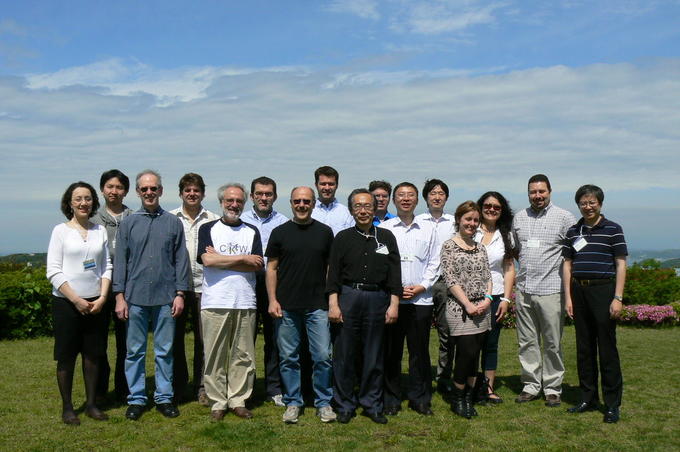NO.004 Engineering Autonomic Systems (EASy)
May 15 - 17, 2012 (Check-in: May 14, 2012 )
Organizers
- Arosha Bandara
- Open University, UK
- Shinichi Honiden
- National Institute of Informatics, Japan
- Yijun Yu
- Open University, UK

Overview
Increasing complexity of software systems poses a number of challenges for software engineers, IT service managers and end-users. In 1993, Kephart and Chess published their vision of autonomic computing, which aimed to address some of the challenges of software complexity. The essence of this vision was to create systems that would be able to adapt to their operating environment in a manner analogous to the autonomic nervous system, allowing human administrators and users to concentrate on setting the longer-term high-level goals for the system rather than the operational minutiae required to keep it running on a day to day basis. The autonomic paradigm brought together existing research in the areas of control systems, adaptive networking and context-aware computing which focussed on the challenges of developing the underlying technical frameworks that could enable autonomic operation. At the same time new areas of research, such as Business Driven IT Management, have developed to investigate ways in which users can configure autonomic systems in ways that meet the higher-level objectives of organisations.
As a result of these research efforts, several approaches have been proposed to address different aspects of the autonomic computing challenge – from policy-based systems and biologically-inspired computing at the architecture level to techniques for analysing autonomic systems and mapping business requirements into specifications for autonomic behaviour. However, numerous issues remain, including the following:
- How do we engineer software for autonomic systems?
- What are the usability issues of autonomic systems? How do we ensure effective interaction with complex software systems that have autonomic components?
- How will deployed autonomic systems evolve? How can we ensure their evolution happens in a systematic way?
- Autonomic systems can be just one component of much larger (and more complex), software intensive socio-technical systems — what are the theoretical frameworks that help us understand these systems and ensure they meet the stakeholders’ requirements?
- How do we prevent failures in these complex socio-technical systems?
The purpose of this workshop is to bring together leading researchers from a diverse range of disciplines to discuss the latest research in the area of self-adaptive (autonomic) systems, and explore new ideas, positions, opinions, problems and solutions that could advance the state of the art in this area.
Workshop format
The four day EASy workshop will be held at the Shonan Village Center near Tokyo, Japan. Participants will be invited to deliver short position presentations under the different themes mentioned above. The goal of the workshop is to collectively produce a roadmap for future research and development that will enhance the state-of-the-art in engineering for autonomic systems. The organisers hope that such a roadmap will guide future researchers to make new breakthroughs in that will address the challenges of a world which will increasingly depend on complex software systems.
